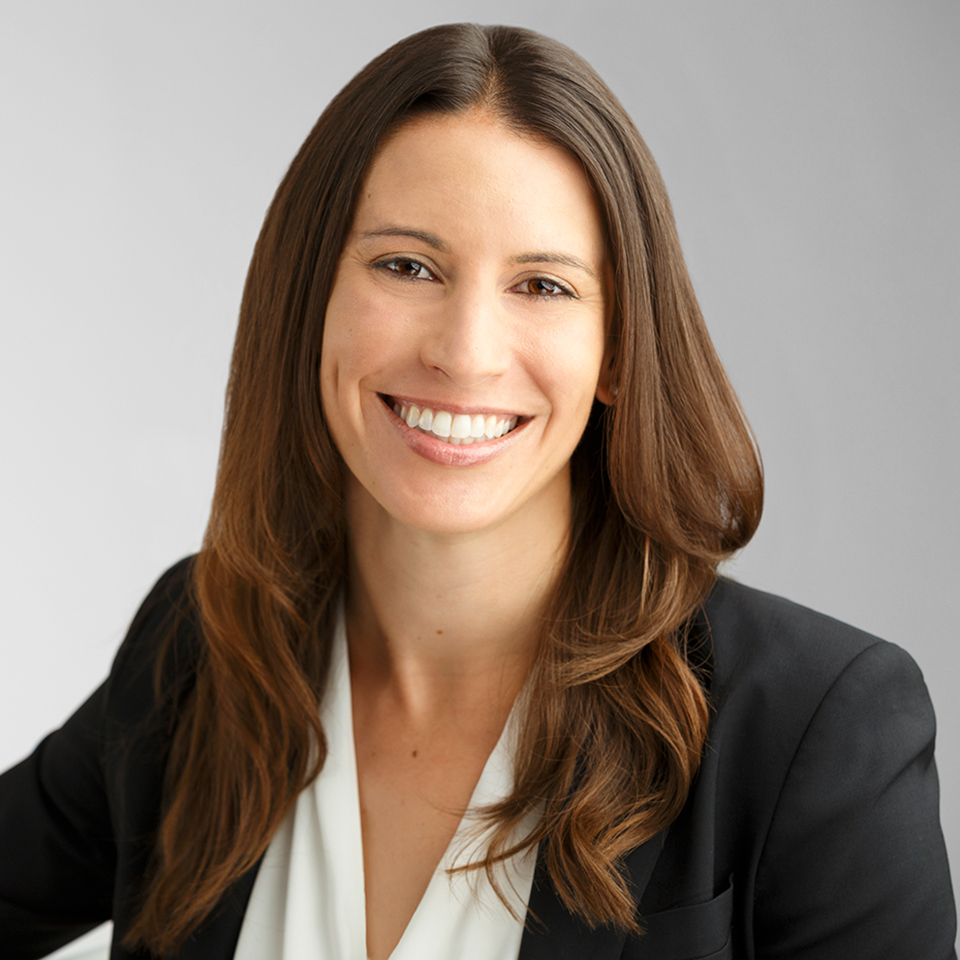Women in Science ft. Dr. Kathleen Fisch
In our Women in Science blog series, we have had the privilege of featuring remarkable women breaking barriers and making significant contributions to their respective fields. Today, we are thrilled to introduce our newest and final feature in this series, Dr. Kathleen Fisch, Ph.D., an Assistant Professor at UCSD Health Sciences. 
Dr. Fisch's work is at the forefront of computational genomics and bioinformatics, where she's pioneering research to unravel the complexities of human pregnancy disorders. As the Faculty Director of the Center for Computational Biology & Bioinformatics (CCBB) and Co-Director of the ACTRI Center for Excellence in Translational Immunogenomics (CETI), Dr. Fisch is not only advancing scientific knowledge but also paving the way for future generations of scientists.
In our exclusive interview with Dr. Fisch, she offers profound insights into her personal journey in the scientific community. She candidly discusses the challenges she has faced as a woman in science, including the perpetual struggle to balance professional pursuits with family responsibilities, and shares her strategies for overcoming these obstacles.
Dr. Fisch also delves into the importance of promoting gender diversity and inclusion in STEM fields, emphasizing the significance of early exposure and mentorship. Drawing from her own experiences, she offers valuable advice to aspiring young women who are eager to pursue careers in science.
We invite you to dive right into our conversation with Dr. Fisch, where she shares more about her groundbreaking research and vision for the future of science.
- Can you share your personal journey and experiences as a woman in science? What motivated you to pursue a career in your field?
I have been interested in biology since I was a young child and I wanted to work in a field that contributes to society. Once I discovered my passion for research during my undergraduate studies, I knew I wanted to dedicate my life to translating basic science discoveries to applied problems. However, the path to where I am now has been long and winding, starting with studying conservation genetics of an endangered fish species during my graduate studies to my current research focus on understanding the molecular mechanisms underlying human pregnancy disorders.
- What are some of the challenges you have faced as a woman in the scientific community, and how have you overcome them?
As a woman, and a mother, there is a constant struggle to maintain a work-life balance, with both sides demanding a great deal of time and attention to do well. I don’t think I will ever truly overcome this challenge; however, I try to dedicate my full attention to each through careful time management, planning and the support of my family and friends.
- What strategies or initiatives do you believe are effective in promoting gender diversity and inclusion in STEM fields?
I believe that providing early opportunities for involvement in STEM at the elementary, high school and undergraduate levels is essential for promoting gender diversity and inclusion. Sparking interest in STEM at an early age, providing opportunities to perform research and giving students exposure to diverse STEM careers will provide students with a more attainable entry into STEM fields at all levels.
- Have you had any women mentors or role models who have inspired or supported you in your career? If so, how did they impact your journey?
I have been very fortunate to have several fantastic women mentors that have inspired and supported my career through direct career mentorship, but most importantly, encouragement to achieve my goals. My role model is my mother Alice, who demonstrated how to balance being a great mom with a management career in public service in an era that was difficult to be a woman in a leadership position. She taught (and continues to teach) me strength, perseverance and grace.
- What advice would you give to young women who aspire to pursue a career in science, based on your own experiences and insights?
To go for it, 100%. A career in science is attainable for all young people that have passion and drive. Based on my experiences, I recommend reaching out to people in the STEM field of interest to get advice on specific preparation for the chosen field and to build your mentor network, in addition to seeking out STEM research opportunities. I also recommend trying out a few different STEM fields and research topics through your educational journey, so that you can find the STEM field that excites you the most.
--
As we conclude our enlightening conversation with Dr. Fisch, we extend our heartfelt gratitude for her invaluable insights and commendable contributions to the scientific community. With Dr. Fisch's story marking the culmination of our Women in Science series, we celebrate the resilience, brilliance, and boundless potential of women in shaping the future of science and beyond.
Until next time,
ACTRI Communications